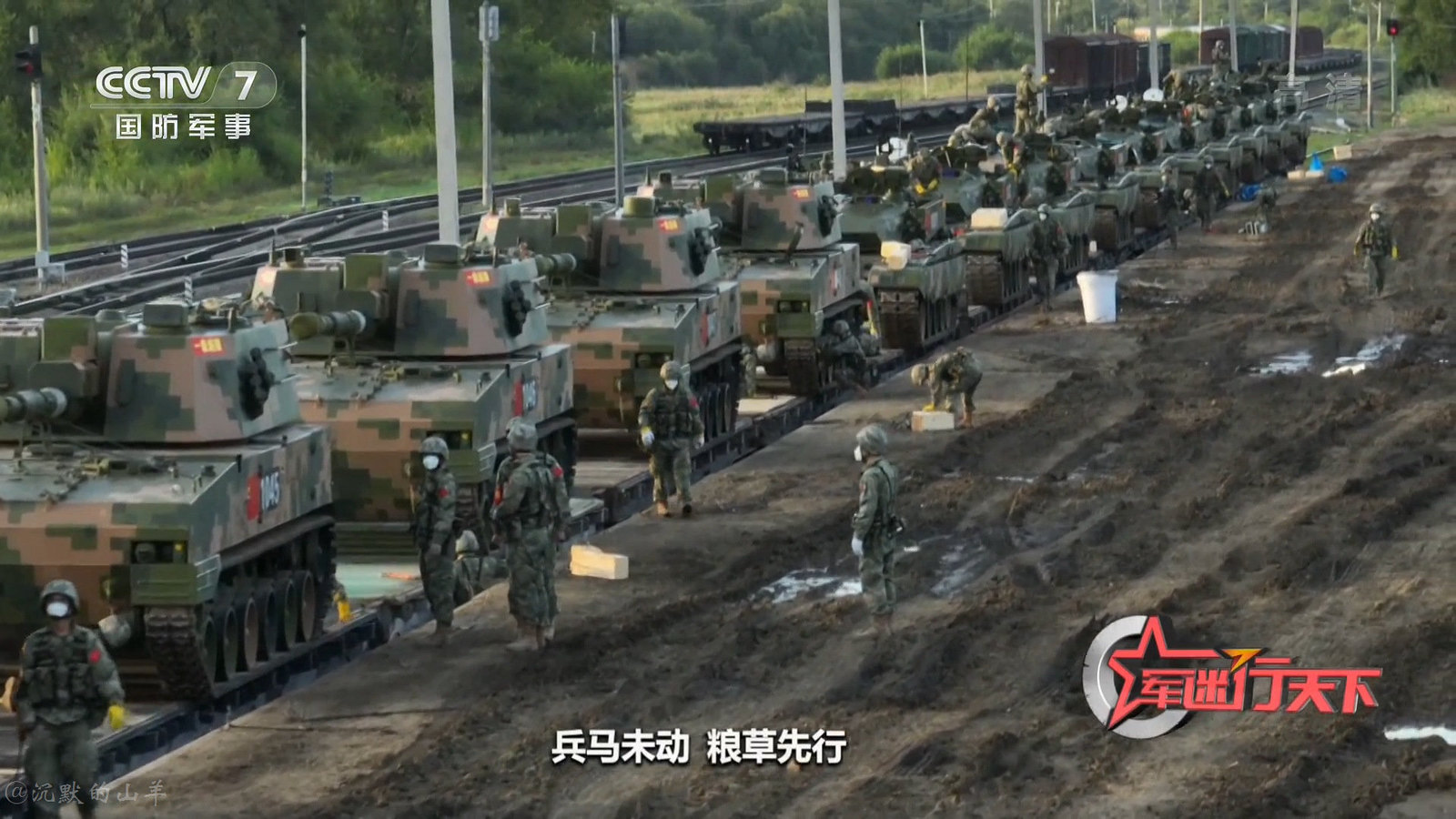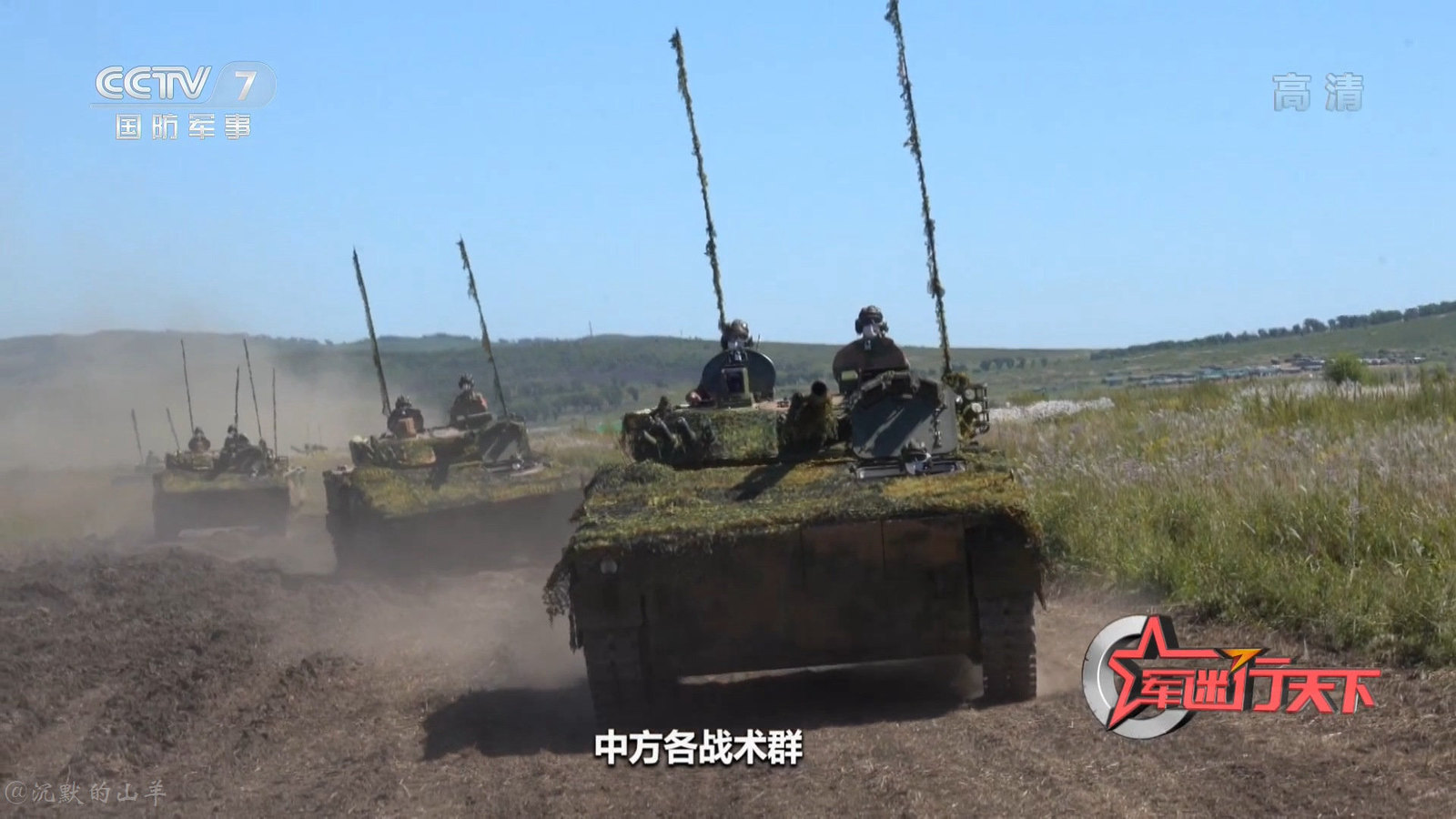A linken a cikkben rengeteg irat lathato, en csak probaltam a lenyegesebbeket linkelni... verfagyaszto az egesz, mi megy az oroszoknal.
Siman rosszabb es aggresszivabb, mint a 80-as evek kadari diktaturaja.
(1/4)
A cache of nearly 160,000 files from Russia’s powerful internet regulator provides a rare glimpse inside Vladimir V. Putin’s digital crackdown.
Paul Mozur, Adam Satariano, Aaron Krolik, Aliza Aufrichtig Sept. 22, 2022
19 - 24 minutes
Four days into the war in Ukraine, Russia’s expansive surveillance and censorship apparatus was already hard at work.
Roughly 800 miles east of Moscow, authorities in the Republic of Bashkortostan, one of Russia’s 85 regions, were busy tabulating the mood of comments in social media messages. They marked down YouTube posts that they said criticized the Russian government. They noted the reaction to a local protest.
Then they compiled their findings. One report about the “destabilization of Russian society” pointed to an editorial from a news site deemed “oppositional” to the government that said
President Vladimir V. Putin was pursuing his own self-interest
by invading Ukraine. A dossier elsewhere on file detailed who owned the site and where they lived.
Another Feb. 28 dispatch, titled
“Presence of Protest Moods,” warned that some had expressed support for demonstrators and “spoke about the need to stop the war.”
The report was among nearly 160,000 records from the Bashkortostan office of Russia’s powerful internet regulator, Roskomnadzor.
Together the documents detail the inner workings of a critical facet of Mr. Putin’s surveillance and censorship system, which his government uses to find and track opponents, squash dissent and suppress independent information even in the country’s furthest reaches.
The leak of the agency’s documents “is just like a small keyhole look into the actual scale of the censorship and internet surveillance in Russia,” said Leonid Volkov, who is named in the records and is the chief of staff for the jailed opposition leader Aleksei A. Navalny.
“It’s much bigger,” he said.
Roskomnadzor’s activities have catapulted Russia, along with authoritarian countries like China and Iran, to the forefront of nations that aggressively use technology as a tool of repression. Since the agency was established in 2008, Mr. Putin has turned it into an essential lever to tighten his grip on power as he has transformed Russia into an even more authoritarian state.
The internet regulator is part of a larger tech apparatus that Mr. Putin has built over the years, which also includes a
domestic spying system that intercepts phone calls and internet traffic, online
disinformation campaigns and the hacking of other nations’ government systems.
The agency’s role in this digital dragnet is more extensive than previously known, according to the records. It has morphed over the years from a sleepy telecom regulator into a full-blown intelligence agency, closely monitoring websites, social media and news outlets, and labeling them as “pro-government,” “anti-government” or “apolitical.”
Roskomnadzor has also worked to unmask and surveil people behind anti-government accounts and provided detailed information on critics’ online activities to security agencies, according to the documents. That has supplemented real-world actions, with those surveilled coming under attack for speaking out online. Some have then been arrested by the police and held for months. Others have fled Russia for fear of prosecution.
The files reveal a particular obsession with
Mr. Navalny and show what happens when the weight of Russia’s security state is placed on one target.
The system is built to control outbursts like the one this week, when
protesters across Russia rallied against a new policy that would press roughly 300,000 people into military service for the war in Ukraine. At least 1,200 people have already been detained for demonstrating.
More than 700 gigabytes of records from Roskomnadzor’s Bashkortostan branch were made publicly available online in March by DDoSecrets, a group that publishes hacked documents.
The New York Times built software and a search tool to analyze the Russian-language documents, spreadsheets, videos and government presentations. Five individuals directly targeted by Roskomnadzor in the files were interviewed, along with lawyers, activists and companies who have battled the agency and other experts on Russian surveillance and censorship.
Roskomnadzor did not respond to requests for comment.
“This is part of authoritarianism,” said Abbas Gallyamov, a former top government official in Bashkortostan who Roskomnadzor scrutinized because of his criticism of Mr. Putin. “They are watching.”
Putin’s Eyes on the Internet
Roskomnadzor (pronounced Ros-com-nod-zor) was started in 2008 as a bureaucratic backwater with a few dozen employees who regulated radio signals, telecom and postal delivery. Its role expanded as Kremlin concerns grew about the internet, which was under less state control than television and radio, leading to more activity from independent and opposition media.
After social media helped facilitate mass protests during the 2010 Arab Spring and in
Moscow starting in 2011, Russian authorities had Roskomnadzor exert more control, said Andrei Soldatov, the co-author of a book on Russian internet censorship and surveillance.
From its headquarters in Moscow, the agency squeezed companies that provided internet access. Starting in 2012, the year Mr. Putin retook the presidency, Roskomnadzor built a blacklist of websites that the companies were required to block. That
list, which grows constantly, now includes more than 1.2 million banned URLs, including local political news websites, social media profile pages, pornography and gambling platforms, according to Roskomsvoboda, a civil society group tracking the blocks.
Over the last decade, the agency also fined and penalized Google, Facebook, Twitter and Telegram to force them to remove what authorities deemed to be illicit content. In 2016, LinkedIn was shut down in Russia after being sanctioned for not storing data on Russian users in the country’s data centers.
By 2019, authorities wanted internet control to go further. Roskomnadzor ordered new censorship technology, known as a “technical means for countering threats,” installed in telecom networks around the country, including Bashkortostan, according to the documents. The agency then
blocked and slowed down websites from Moscow.
Officials demanded that local internet services confirm that the censorship systems had been installed, according to the documents. Schematics showed where the censorship boxes should be placed in the network. Roskomnadzor workers visited sites to be sure the equipment was installed correctly and sent reports on the efficacy of the technology.
One early target of the blocking system was Twitter. In 2021, authorities throttled access to the social media service to a crawl. Since the invasion of Ukraine this year, Roskomnadzor has also blocked Facebook, Instagram and other websites, as well as many virtual private networks, or VPNs, which are used to bypass internet controls.
In 2020, Andrei Lipov, a government technocrat who supports a Russian internet that is more closed off from the West, took charge of Roskomnadzor. Under his guidance, the agency has operated even more like an intelligence service.
Just in Bashkortostan, an oil-rich region with about 4 million residents, Roskomnadzor tracked the online activities of hundreds of people and organizations. It gathered information about government critics and identified shifting political opinions on social media. It compiled dossiers on independent media outlets and online influencers who shared information unfavorable to the government that might gain traction with the Russian public.
"Roskomnadzor was never part of this game before of providing political intelligence,” said Mr. Soldatov, a fellow at the Center for European Policy Analysis, a pro-democracy think tank. “They’re getting more and more ambitious.”





















